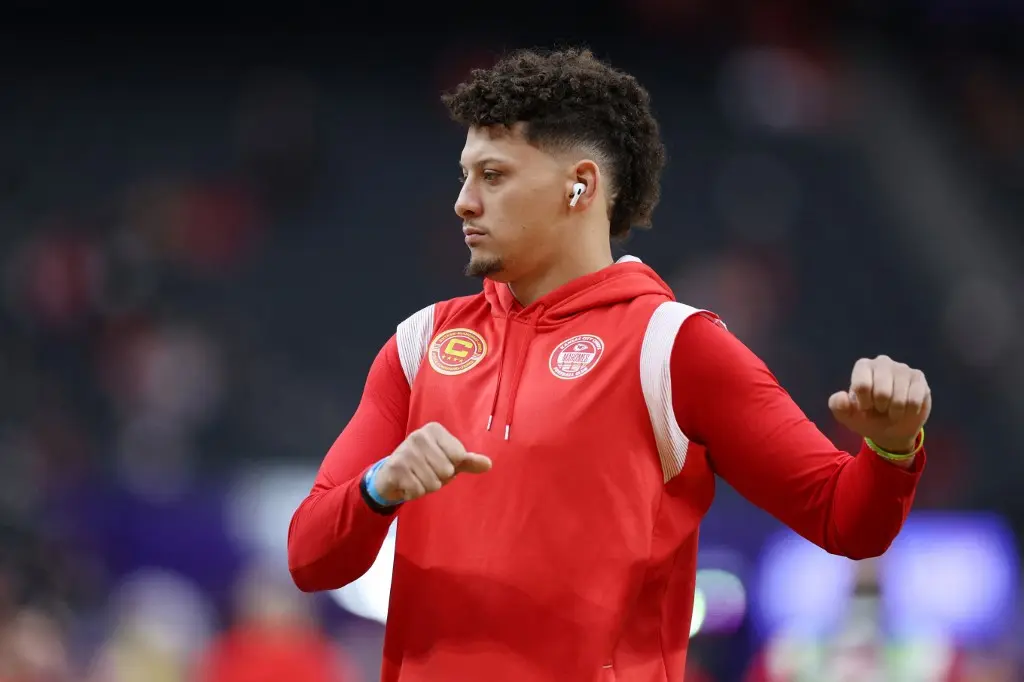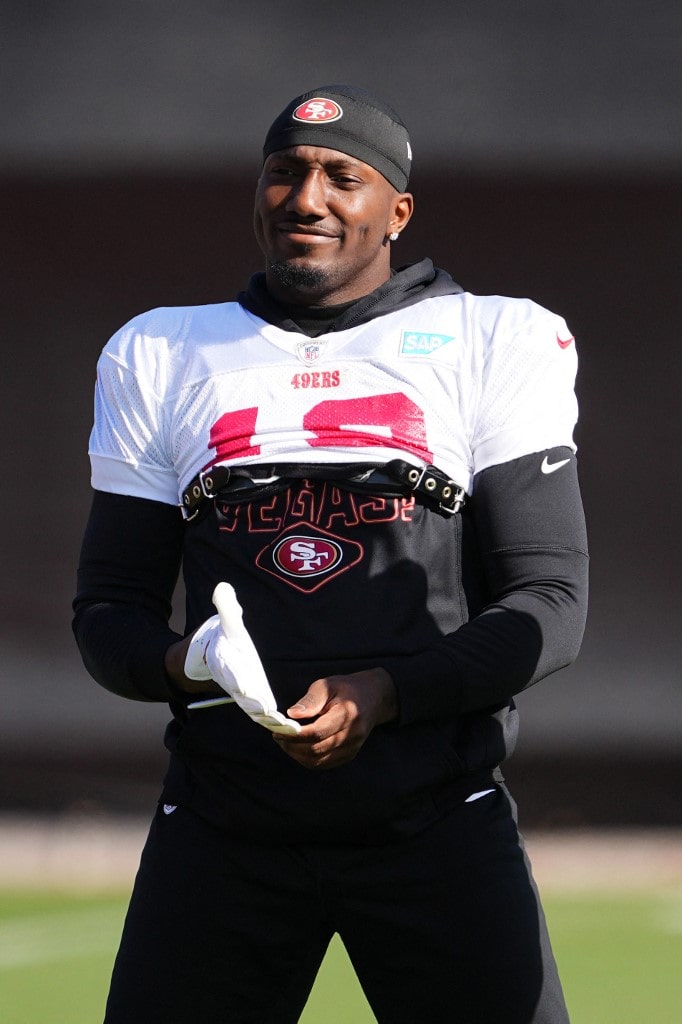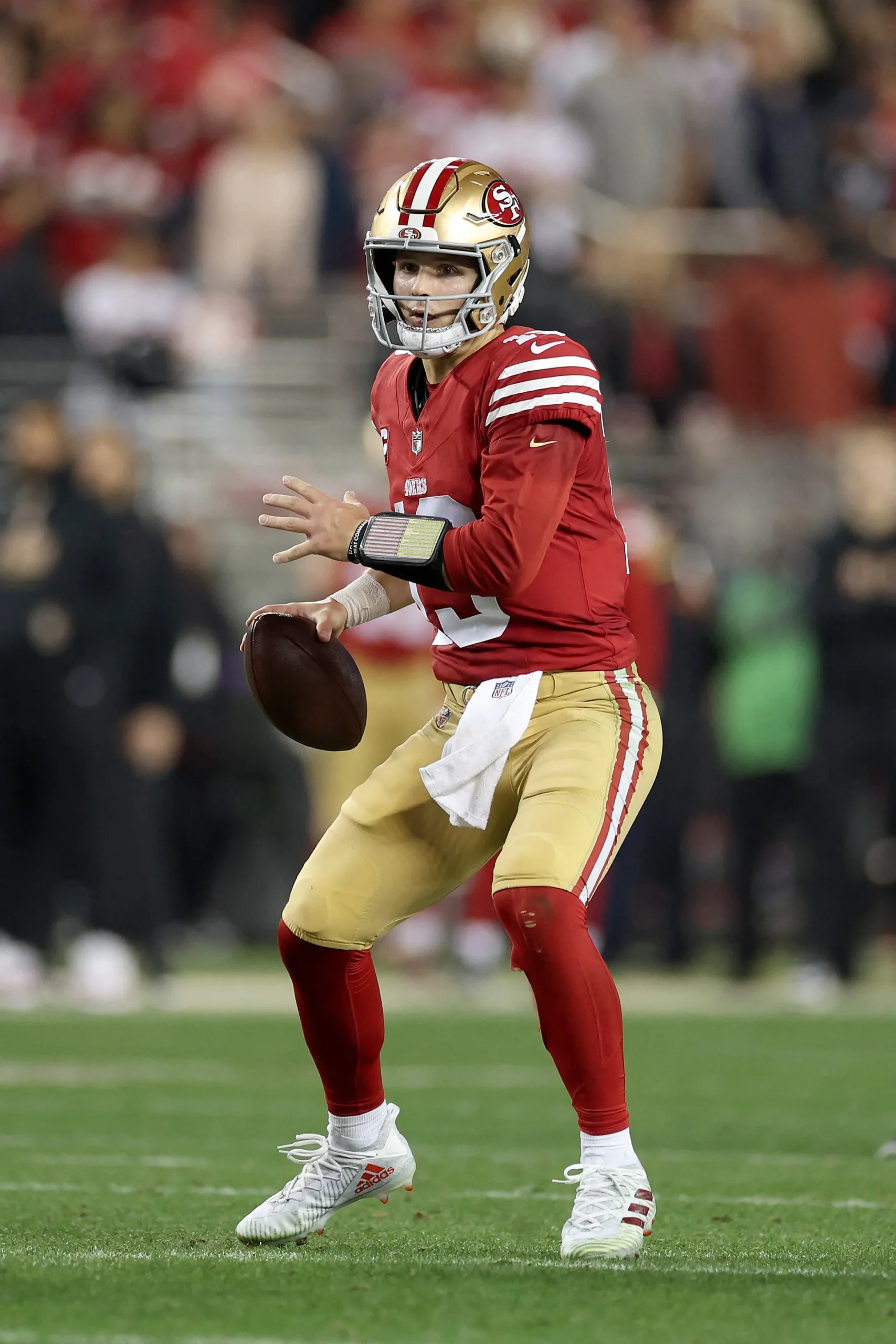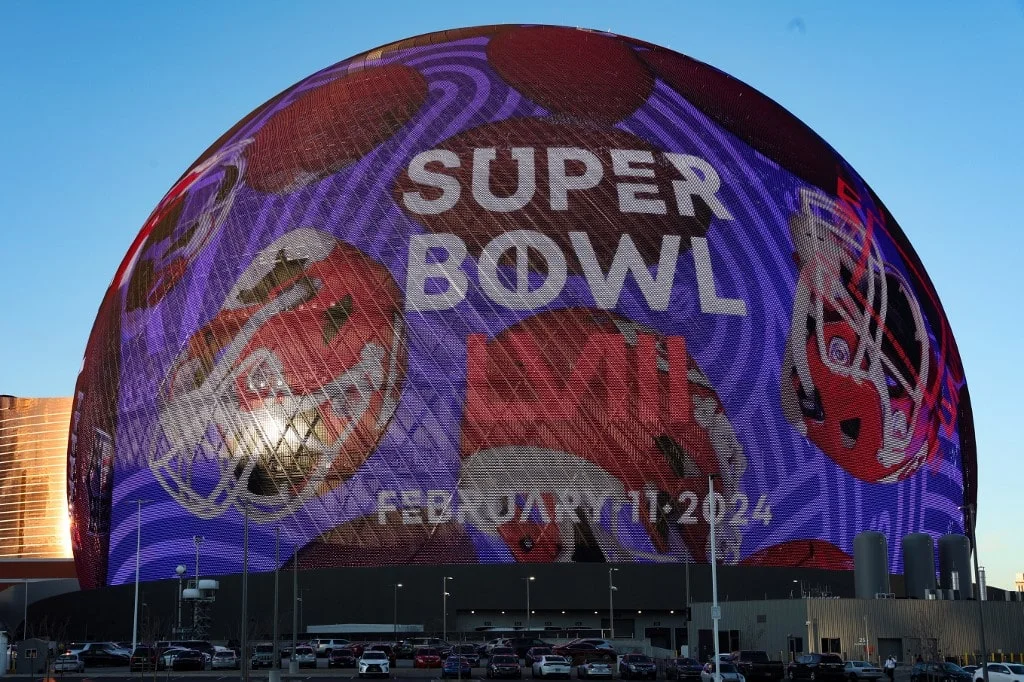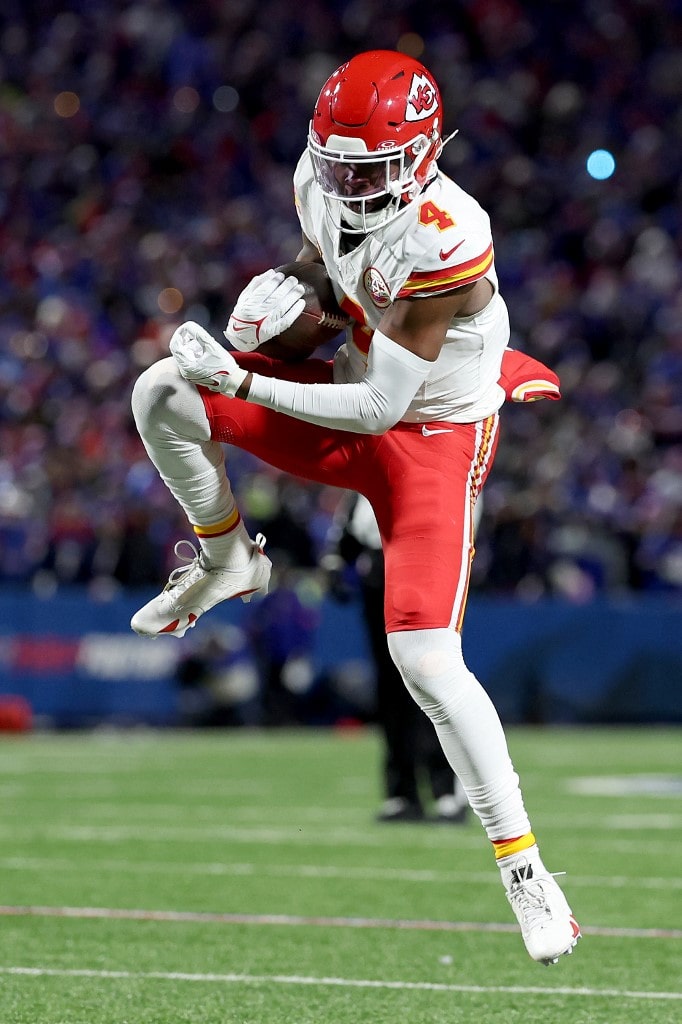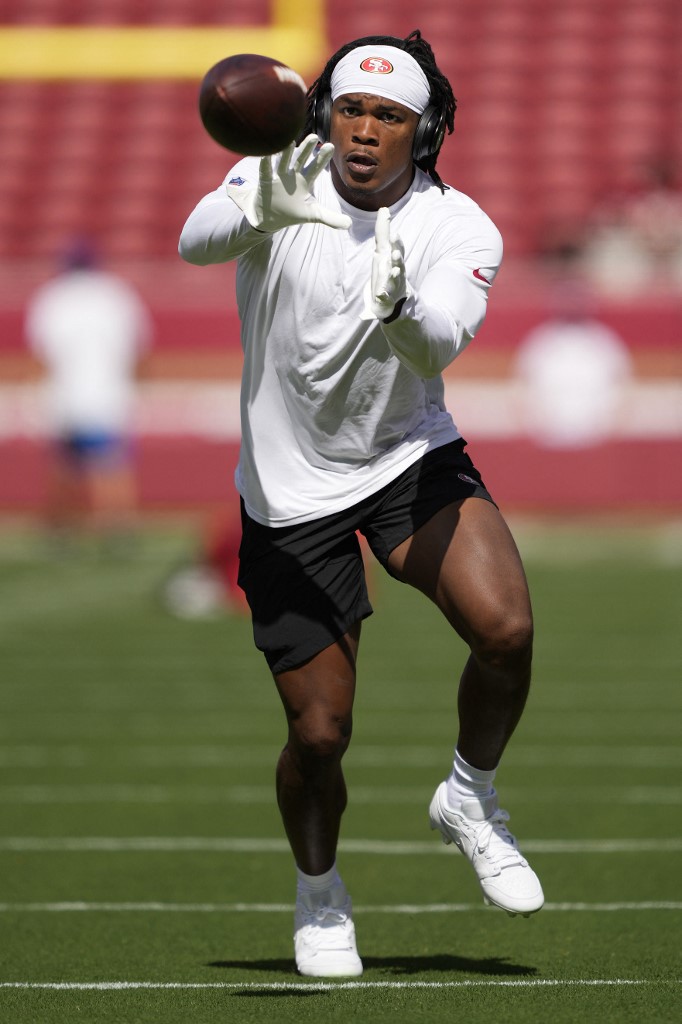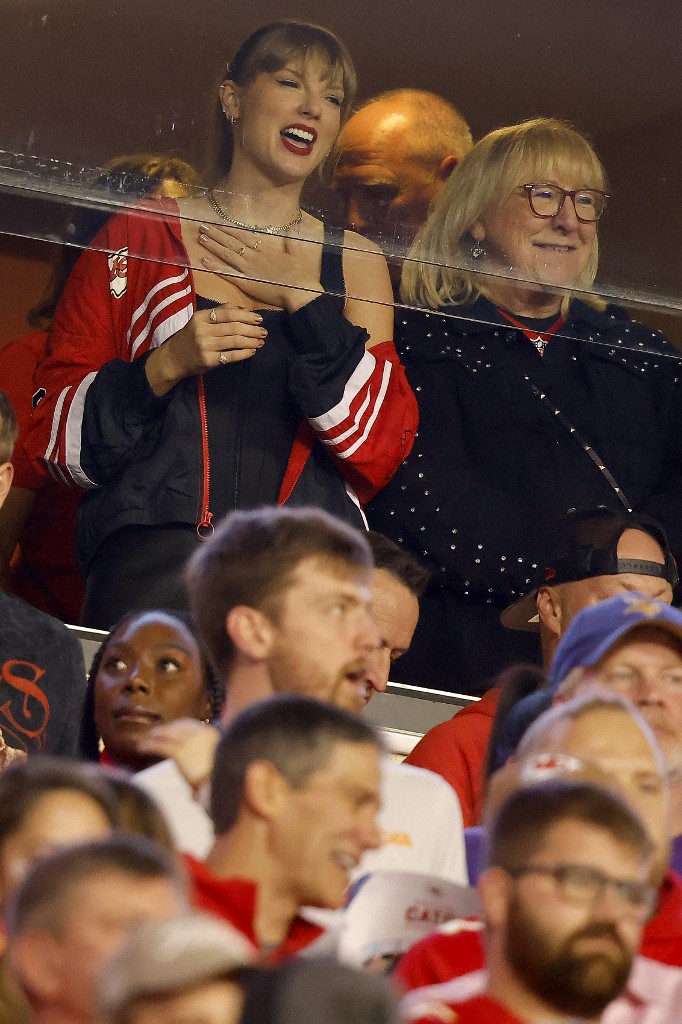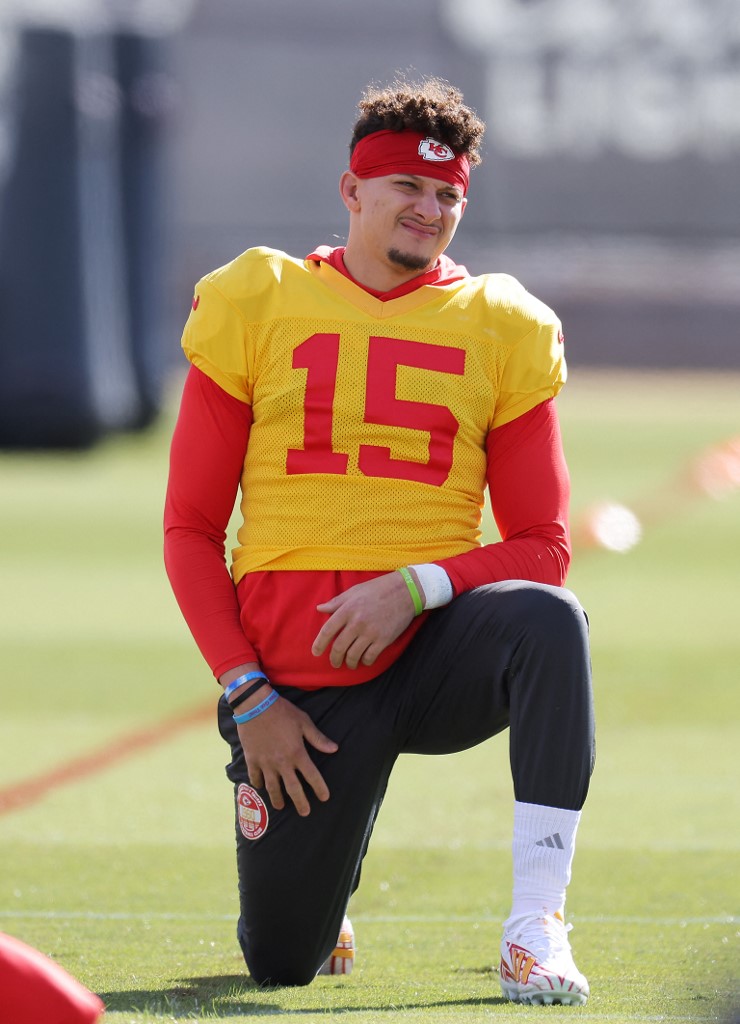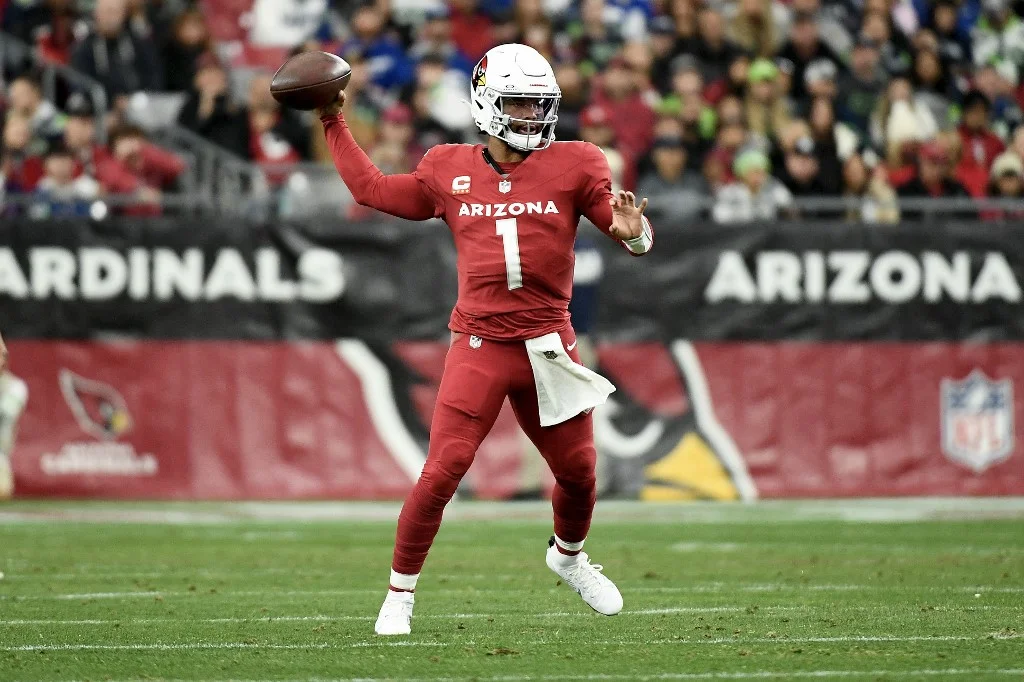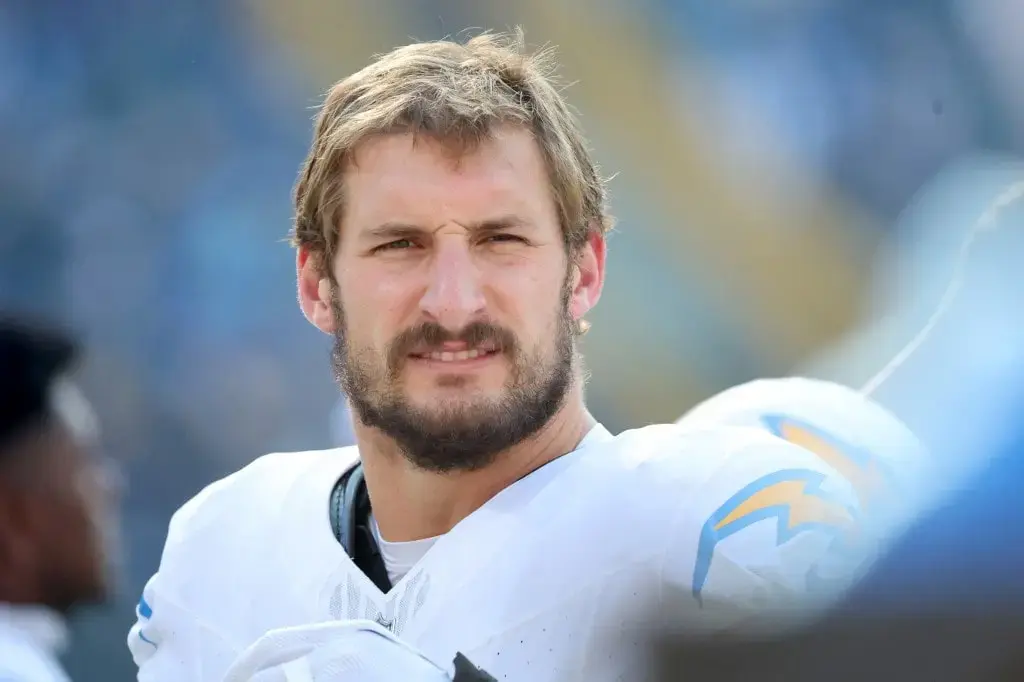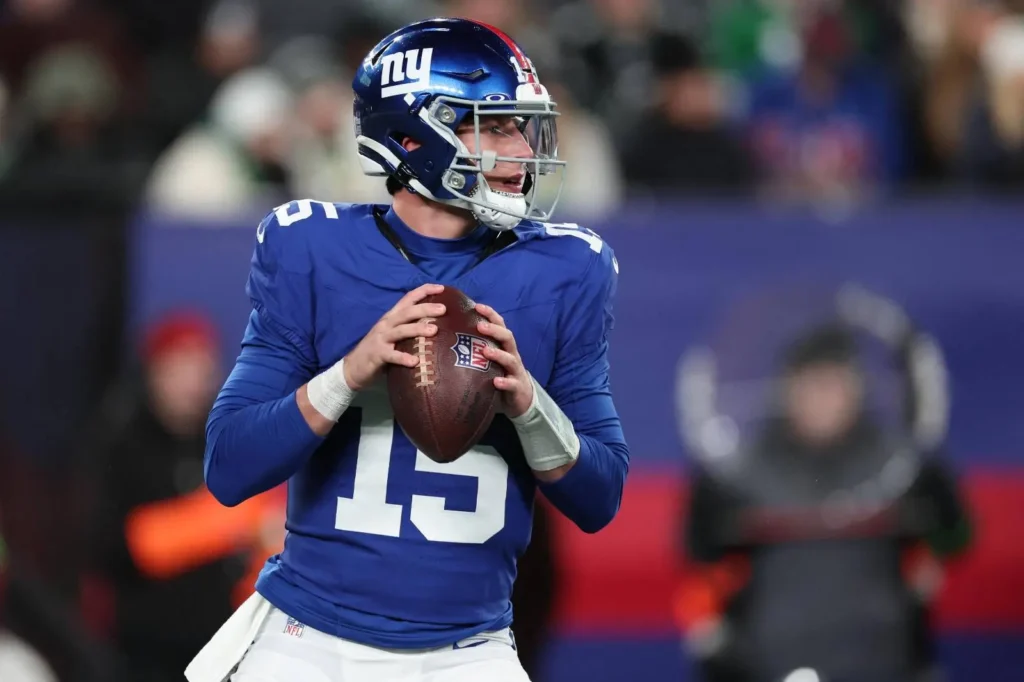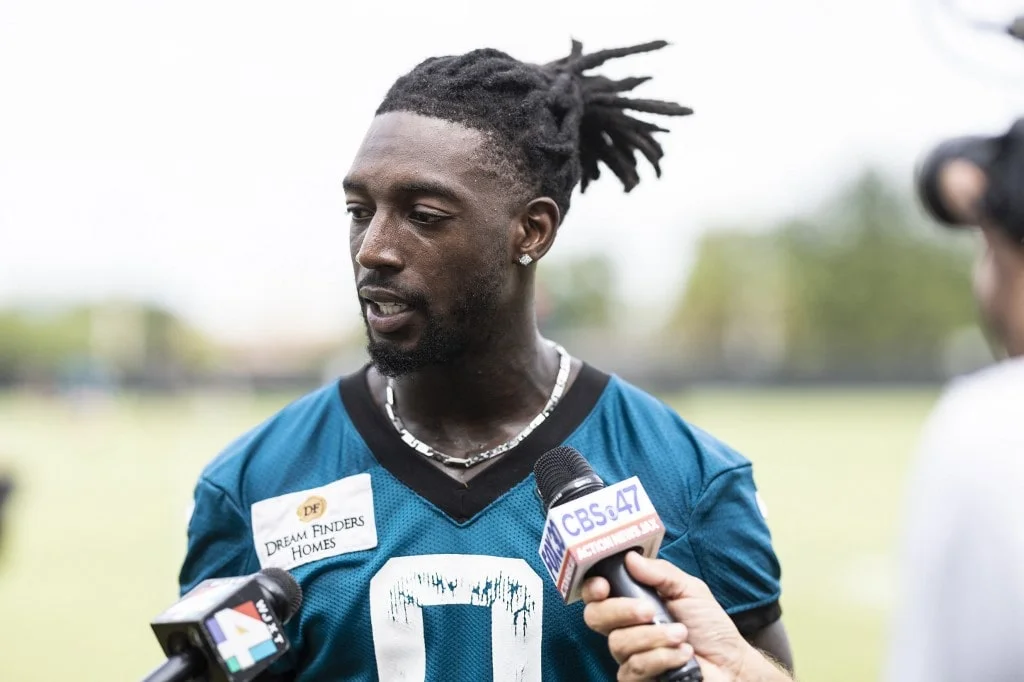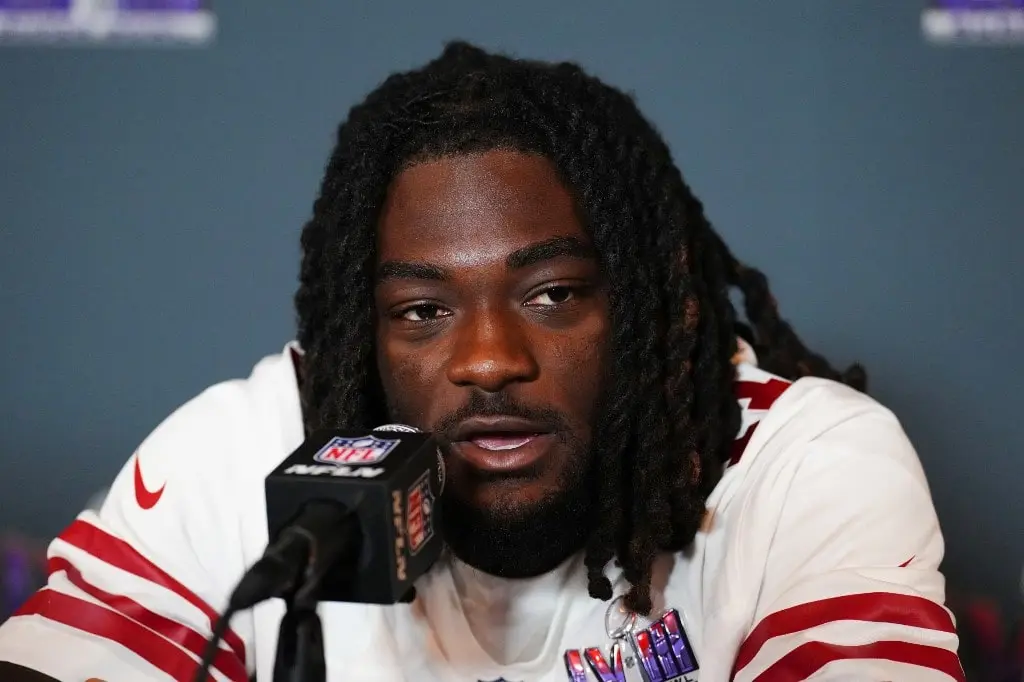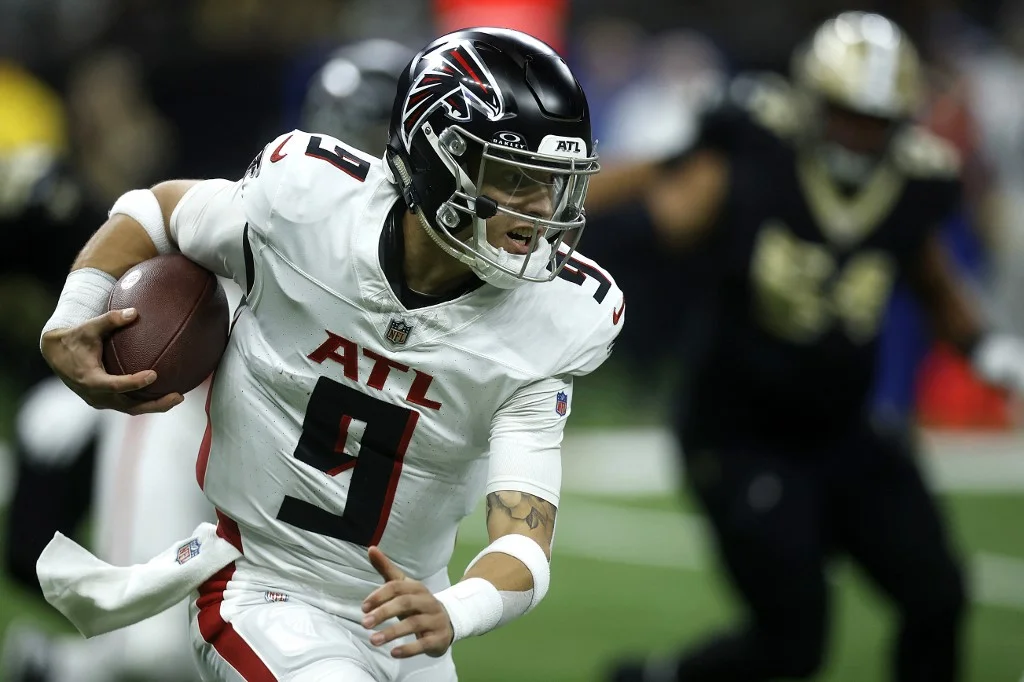Chargers QBs changed its Super Bowl odds over 20+ years
The NFL Draft is an event of hope and optimism, a struggling team can turn into perennial Super Bowl favorites in the online sportsbook, and it all starts with the quarterback. The NFL QB might be the most challenging position in sports. Teams will try for years to draft a franchise quarterback. Sometimes it comes in the first round, or even in the sixth round, in the case of Tom Brady. In this series, we will look at the QB draft history of the San Diego/Los Angeles Chargers in the 21st century and see how the pick’s career in the NFL turned out.
It has been a tough road for the Chargers, pretty much since their inception. The San Diego Chargers of the mid-2000s were one of the best teams in the NFL, but they could never reach the Super Bowl. The franchise drafted two Hall of Fame quarterbacks, both of which won Super Bowls rings on other teams, and the team didn’t draft the greatest QB in the franchise’s history.
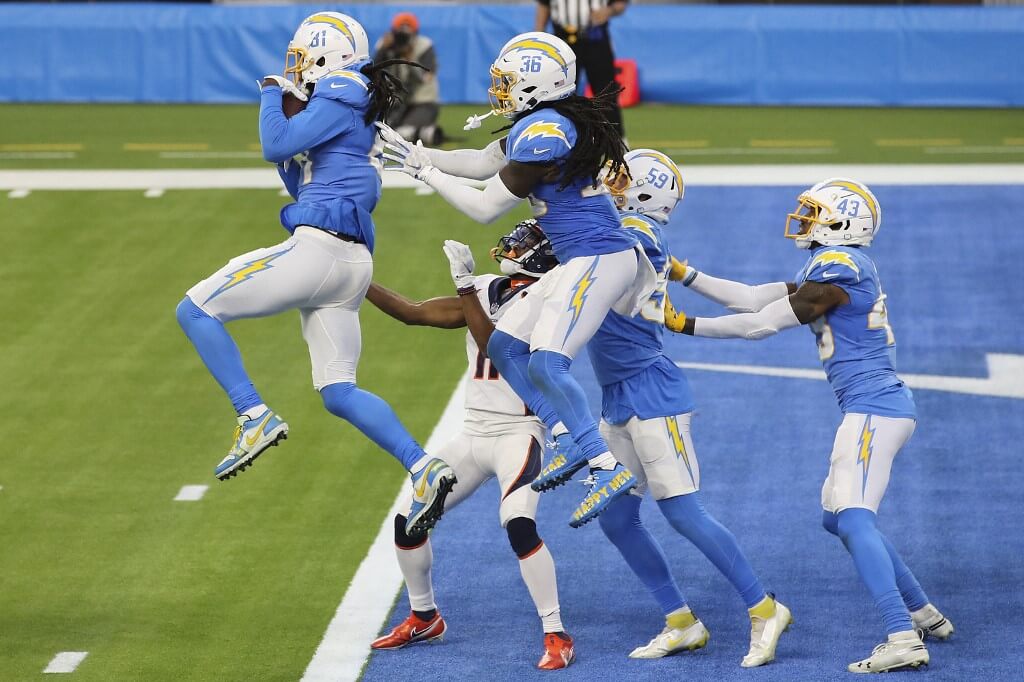
The now Los Angeles Chargers have struggled for the better part of the past decade. Philip Rivers was one of the best quarterbacks of his generation, but he was often beaten by teams led by the likes of Tom Brady and Peyton Manning. The Chargers did not draft Rivers even though he played his first 16 years for the team.
Since moving to Los Angeles in 2017, the team has had high preseason hopes, but mental lapses and coaching mistakes have led to disappointment during the regular seasons. That said, with a new head coach and the 2020 Rookie of the Year quarterback, the future looks bright for the Chargers.
Drew Brees (2001)
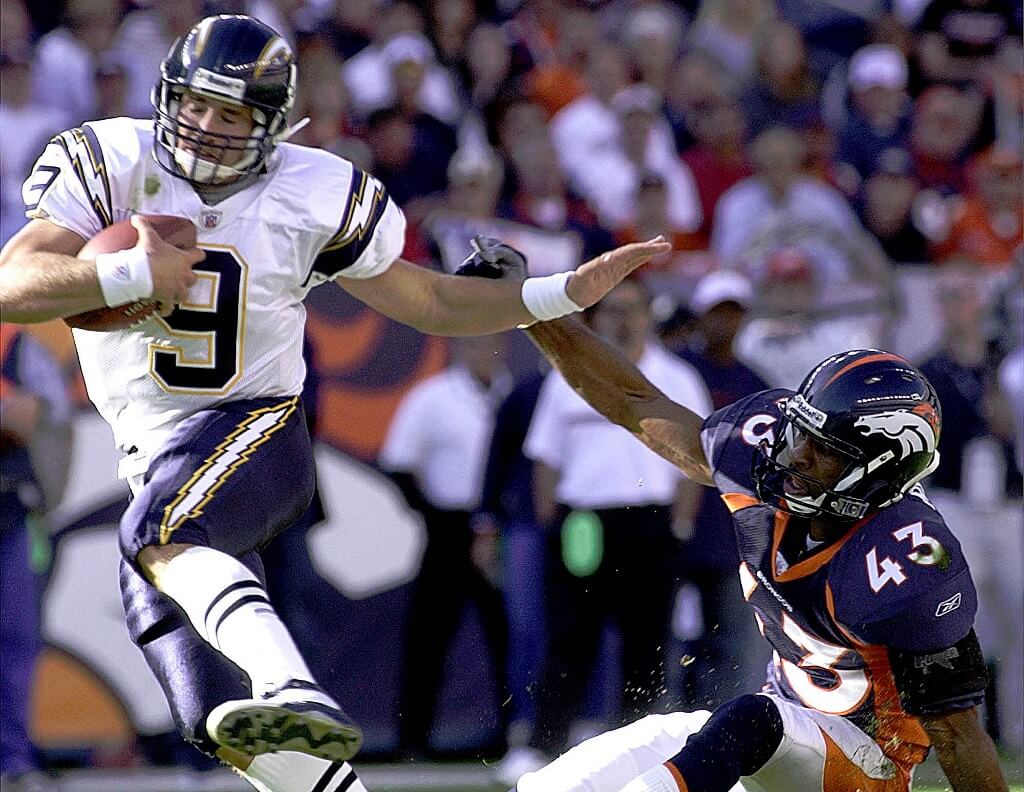
The Chargers selected two Hall of Famers in the first round of the 2001 NFL Draft. With the fifth overall pick, the team took TCU RB LaDainian Tomlinson and then took Purdue QB Drew Brees with the 32nd pick. Doug Flutie was the quarterback for the Chargers that year, and Brees was the backup his entire rookie season. After that, Brees started all 16 games in 2002. He improved the Chargers’ record to 8-8 but did not put up the Brees-type numbers we would later expect from him. He threw 3,284 yards with 17 touchdowns and 16 interceptions. Brees struggled in 2003. The Charges got off to a 1-7 start, and Flutie came in to replace him.
Brees was named the starter in 2004, and he made his first of 13 Pro Bowls. The Chargers were 11-4 in his 15 starts, and Brees threw for 3,159 yards with 27 touchdowns and only seven interceptions. He continued to be successful with the Chargers, but Brees tore his labrum in his throwing shoulder in the last game of the 2005 season, right as he headed into free agency.
Those around the NFL had significant concerns about what this injury would do to Brees’ longevity and productivity. The Chargers offered Brees a five-year, $50 million deal that was heavily based on performance bonuses. Brees turned down the offer and signed with the New Orleans Saints for six years, $60 million, and the rest is history.
Paired with head coach Sean Payton, Brees became one of the greatest quarterbacks in NFL history. He made the Pro Bowl and was named First-team All-Pro in his first season with the Saints. He led the league in passing yards with 4,418. This would be the first of seven times Brees would win the passing title. Signing with the Saints finally paid off for Brees in 2009. New Orleans beat the Indianapolis Colts in Super Bowl XLIV and was named Super Bowl MVP.
This was the only Super Bowl the Saints won with Brees, but they were continually in the playoff hunt and multiple NFC Championship games. Brees retired after the 2020 season, finishing with 80,358 passing yards, 571 passing touchdowns, and a career completion percentage of 67.7. He is a no-doubt, first-ballot Hall of Famer.
Eli Manning (2004)
Another Super Bowl MVP the Chargers drafted, but Ole’ Miss QB Eli Manning never played for the Chargers. The Chargers had the number one overall pick and made it clear that the team would select Manning, but Manning was equally clear that he would not sign with the last place Chargers. San Diego took Manning, anyway, and with the fourth pick of the 2004 NFL Draft, the New York Giants selected NC State QB, Philip Rivers. On draft day, the Chargers and Giants struck a deal to swap the two quarterbacks. San Diego would receive two additional picks, where they would take placekicker Nate Kaeding and linebacker Shawn Merriman. Both were Pro Bowlers.
Rivers turned out to be the best quarterback in the Chargers’ history, whereas Manning is the greatest quarterback in Giants’ history. While Rivers has the better career numbers, Manning has two Super Bowls to his name. Both teams benefited from the trade, but one of the what-if scenarios in NFL history is if both QBs played for their drafted teams? Would history have been different?
Manning is the all-time passing leader for the Giants in every major statistical category. He has 57,023 passing yards and 366 career touchdowns, all with the G-Men. He was not the best quarterback in the league or even in his family, as Manning only led the league in touchdowns three times in his 16-year NFL career and never led the league in passing yards. Despite not putting up eye-popping numbers like his brother Peyton, Eli led the Giants on two game-winning drives in the Super Bowl against the most dominant dynasty in NFL history, the New England Patriots.
The Giants only made the playoffs six times while Manning was under center, but twice it ended with a miraculous win against the Patriots. NFL experts picks will give most of the credit to the New York defense for keeping Tom Brady in check. While the defense kept the Giants in it, Manning was great when it mattered and marched the offense down the field to win the Super Bowl on two separate occasions.
The career of Manning is a complicated one. He had legendary moments in the Super Bowl, but there were also bad times in New York, where Manning was terrible, and fans were demanding a change at quarterback. It ultimately came when New York drafted Daniel Jones, but it was clear Manning was at the end of the road. He retired following the 2019 season. The debate rages on if Eli Manning deserves to be in the Pro Football Hall of Fame. If we had a vote, we say yes, all three Mannings should be in the Hall of Fame.
Charlie Whitehurst (2006)
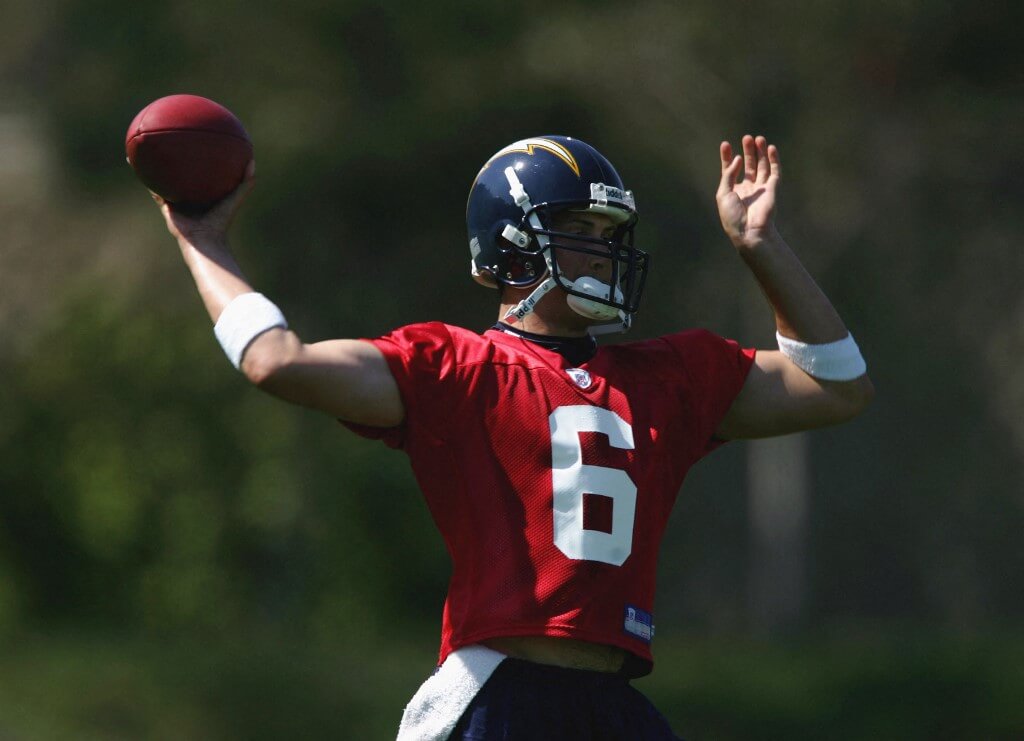
Philip Rivers had not started a game for the Chargers until the 2006 season. That year, San Diego decided to get another young QB when they selected Clemson’s Charlie Whitehurst in the third round of the 2006 NFL Draft. Whitehurst was a career backup who made a total of nine starts in his 11-year NFL career. He was Rivers’ backup in San Diego until 2009, where he was traded to the Seattle Seahawks and sat behind Matt Hasselbeck.
Whitehurst made his first two NFL starts in 2010. He threw for 322 yards with two touchdowns and two interceptions and went 1-1. The QB made two more starts for the Seahawks in 2011, losing both of them. Then he signed a two-year contract with the Chargers to be Rivers’ back up again and afterward signed a two-year contract with the Tennessee Titans in 2014. Whitehurst started five games for the Titans and had some decent numbers, throwing for 1,326 yards, seven touchdowns, and two interceptions. Despite the stats, the Titans went 1-4 in those games.
Tennessee cut Whitehurst in 2015, and he signed with the Indianapolis Colts, where he made four appearances. He finished his career in 2016 with the Cleveland Browns. His last NFL appearance came against the Patriots in NFL Week 5 when Whitehurst replaced an injured Cody Kessler. Whitehurst injured his left knee in the fourth quarter and was later released by the Browns in October.
Justin Herbert (2020)
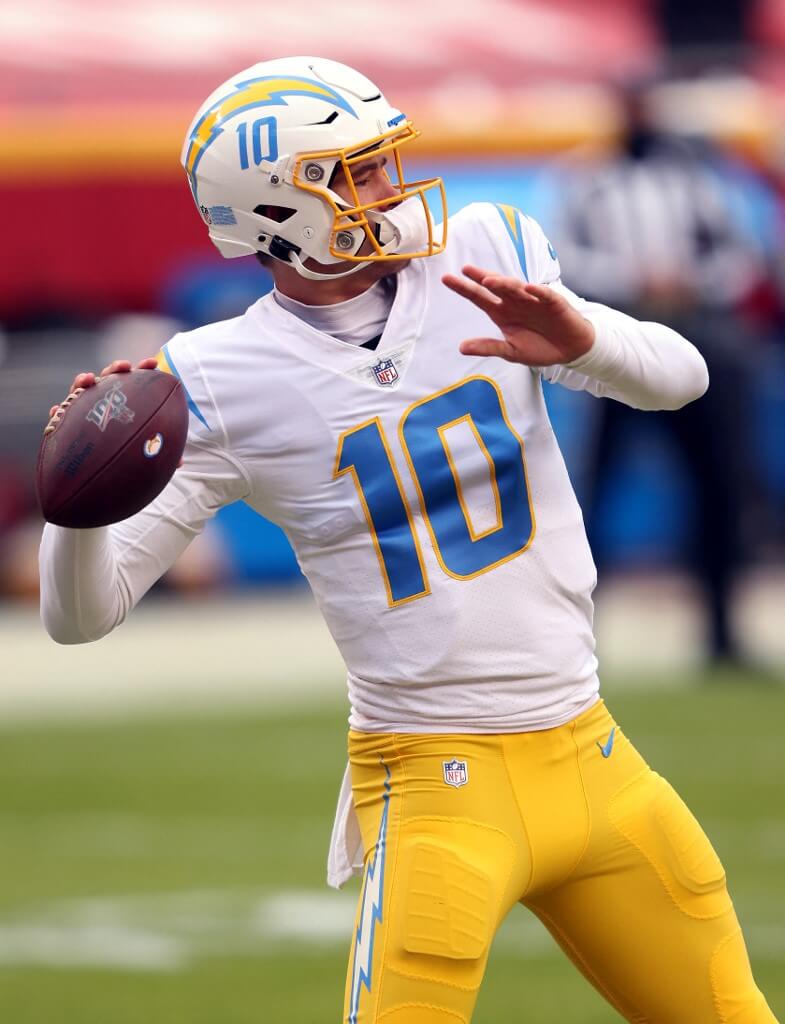
2019 was the end of the Philip Rivers era for the Chargers. It had been more than a decade since the franchise had drafted any noteworthy quarterbacks. Without Rivers, Los Angeles needed to move forward and find a new franchise quarterback. It appears that they found him when they selected Oregon QB Justin Herbert with the sixth overall pick in the 2020 NFL Draft.
The Chargers signed QB Tyrod Taylor, and he was the opening week starter with Herbert as the rookie backup. Many people thought Herbert would come in to start later in the season, but nobody expected him to start in NFL Week 2, not even Herbert. Taylor received pregame treatment for a rib injury, and a team doctor punctured Taylor’s lung while administering a pain killer injection, sending the veteran QB to the hospital. Herbert was told minutes before the game that he was starting, and to make things worse, it was against the defending Super Bowl champion Kansas City Chiefs.
The rookie almost beat the Chiefs, but the Chargers lost in overtime 23-20. Herbert was impressive in his NFL debut, throwing for 311 yards, one passing touchdown, one rushing touchdown, and an interception. Even though it was not Taylor’s fault, he lost the starting job, and Herbert started the remaining 15 games. The rookie QB was fantastic throughout the year, but his incredible personal statistics did not translate to Chargers wins as has become common for a Chargers franchise QB. Los Angeles finished 7-9, with seven of those losses by one solitary possession.
Herbert broke nearly every NFL rookie passing record, including passing touchdowns (31) and most completions. He finished with 4,336 passing yards, only 38 yards behind record-holder Andrew Luck, but Luck played in all 16 games compared to Herbert’s 15. He was the obvious pick for the 2020 Offensive Rookie of the Year Award. The Chargers hired Brandon Staley to be their new head coach, and Joe Lombardi is the new offensive coordinator for Los Angeles. With Herbert as the franchise QB, the excitement is building around the Chargers again, and the team’s Super Bowl odds will be a hot topic for the next couple of years.
Drafting a successful NFL quarterback is one of the hardest things to do in sports, and the Chargers have done it three times. Unfortunately, Drew Brees and Eli Manning did their winning for other teams, but it is still a testament to their scouting ability. Philip Rivers was not a Chargers draft pick, but he became one of the best QBs of all time, which allowed the Chargers to draft other positions for over a decade.
The first year after Rivers leaves the organization, the Chargers have seemingly found the best QB in the 2020 draft, and the youngster has picked up where Rivers left off. The Chargers have been favorites for the NFL odds many times in the past two decades, but it never culminated with a Super Bowl win. Even with the Chiefs in the same division, if Herbert continues to improve and a great team surrounds him, the Chargers should give Patrick Mahomes and Andy Reid a run for their money.






